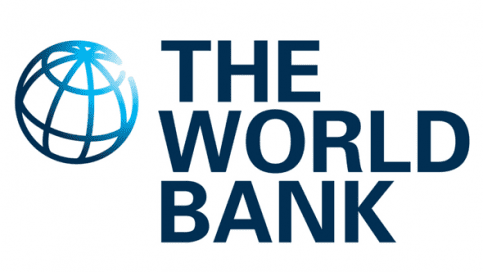In a statement entitled “World Bank Group to Boost Nigeria’s Efforts to Reduce Poverty,” the bank disclosed that after it has discussed a new five-year Country Partnership Framework from 2021 to 2024 with Nigeria, a $1.5bn package has been approved to help build a resilient recovery from the crippling economic effect of COVID-19 pandemic.
The bank stated on Tuesday that Nigeria was at a critical juncture and with the sharp fall in oil prices as a result of COVID-19, the economy was projected to contract by over four per cent in 2020, plunging the country into its deepest recession since the 1980s.
READ ALSO: Millions of Farmers Get Insurance Claims from Federal Government
According to the World Bank, government revenues could fall by more than $15bn in 2020, and the crisis would push an additional five million Nigerians into poverty in the year.
World Bank Country Director for Nigeria, Shubham Chaudhuri said, “This Country Partnership Framework will guide our engagement for the next five years in supporting the government of Nigeria’s strategic priorities by taking a phased and adaptive approach.
“To realize its long-term potential, the country has to make tangible progress on key challenges and pursue some bold reforms. Our engagement will focus on supporting Nigeria’s efforts to reduce poverty and promote sustained private sector-led growth.
The Bank further stated that CPF will focus on four areas of engagement which are investing in human capital, promoting jobs and economic transformation and diversification, enhancing resilience and strengthening the foundations of the public sector.
It said additional investments in promoting women’s empowerment and youth employment and skill, especially for young women, would also help reduce maternal and child mortality.
The CPF would also focus on boosting digital infrastructure, and developing economic corridors and smart cities, to provide Nigerians with improved livelihoods.
The bank would ensure strengthening the foundations of the public sector by improving public financial management and strengthening the social contract between citizens and government through improved fiscal and debt management.

